The Simulation Hypothesis: Are We Living in Someone Else’s Code?
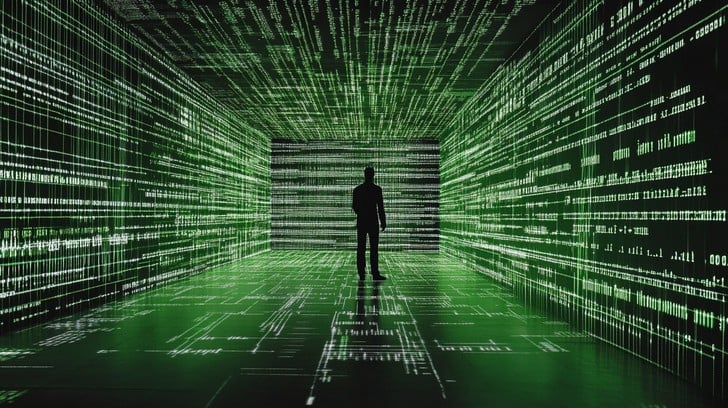
Are we real—or running inside a cosmic software program? This post unpacks the simulation hypothesis, connects it to quantum weirdness, pop culture, and what it says about our future with AI.
Introduction: The Code Beneath the Curtain
You wake up, check your phone, drink coffee, go to work.
But what if every pixel of that experience—every taste, thought, and moment—was the product of code, not atoms?
This is the Simulation Hypothesis: the idea that our entire universe is a digital construct running on an unimaginably advanced computer. It’s no longer just a sci-fi trope. It’s a serious philosophical and scientific inquiry, supported by tech visionaries and quantum physicists alike.
Pop Culture Saw It First
The concept isn’t new. Movies and shows have obsessed over it for decades:
-
The Matrix (1999) — where humanity lives inside a simulated world created by AI.
-
Black Mirror (especially “San Junipero” & “White Christmas”) — digital consciousness stored and replayed.
-
Upload — where people’s minds are uploaded into a digital afterlife.
These stories reflect our cultural suspicion: that the real world might not be real at all.
Elon Musk and the Base Reality Problem
In 2016, Elon Musk famously said:
“There’s a one in billions chance we’re not living in a simulation.”
His logic echoes philosopher Nick Bostrom’s simulation argument:
-
Civilizations tend to go extinct before reaching super-advanced tech.
-
If they don’t, they will likely run simulations of their ancestors.
-
If they do run those simulations, there would be far more simulated beings than biological ones.
Conclusion: Statistically, we’re more likely to be simulated than real.
Quantum Mechanics: Reality Is Already Weird
Quantum physics gives the theory even more weight. Consider:
-
The observer effect: Particles behave differently when watched.
-
Quantum entanglement: Information teleports faster than light.
-
Planck length: The smallest measurable unit—like the “pixels” of space-time.
These strange behaviors resemble how a video game engine optimizes reality only when needed. If true, our universe isn’t continuous—it’s rendered.
Why It Matters (Even If It’s Not True)
Here’s the twist: whether or not we live in a simulation, the belief changes how we view:
-
God: Our “creator” could be a programmer.
-
Morality: Is killing wrong in a video game?
-
Death: Could death just mean logging off?
-
Consciousness: Could AI one day simulate entire new worlds?
If we’re code, and we build AI that can create other simulations… then we become gods in our own right.
AI as the Architect of New Realities
As generative AI becomes more powerful, we’re on the edge of making simulations ourselves. We already have:
-
Digital twins of cities
-
AI NPCs with evolving behaviors
-
VR worlds indistinguishable from base reality (with haptics + neural feedback)
If AI continues this trajectory, it won’t just live in our simulation. It will build its own—and populate it with digital beings who will ask, “Am I real?”
Sound familiar?
Conclusion: Who’s Holding the Controller?
Even if we never prove the Simulation Hypothesis, it’s the best metaphor we have for our age of artificial reality.
If the universe is a simulation, AI might be its child—or its next creator.
And if this is all code… the only question that remains is: Who’s writing the next line?

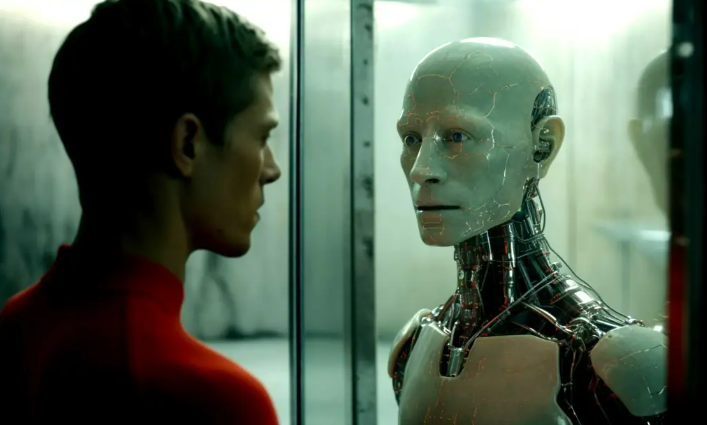
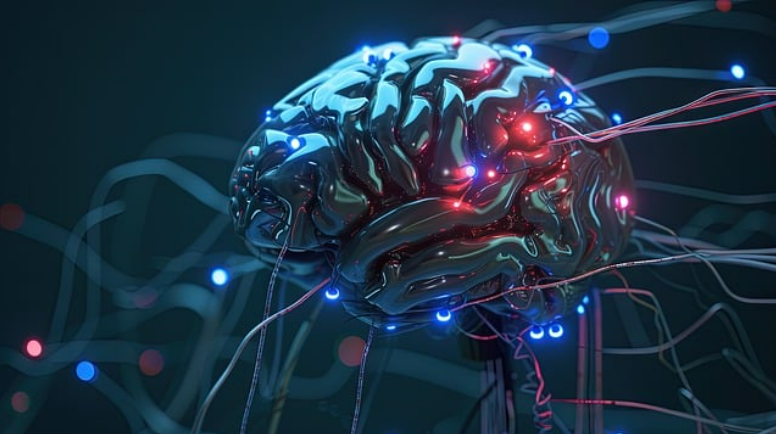
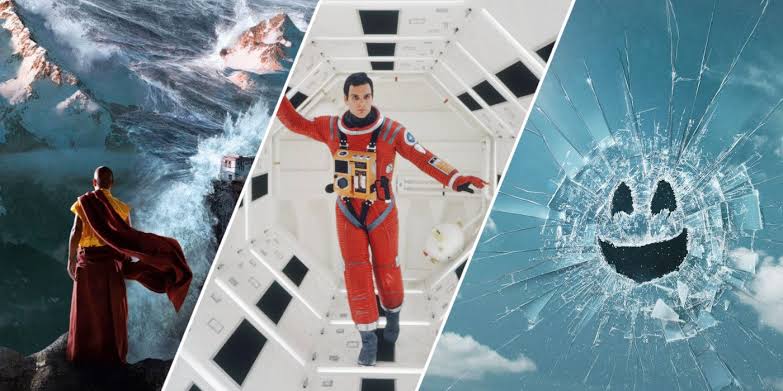
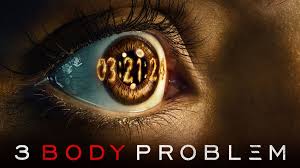
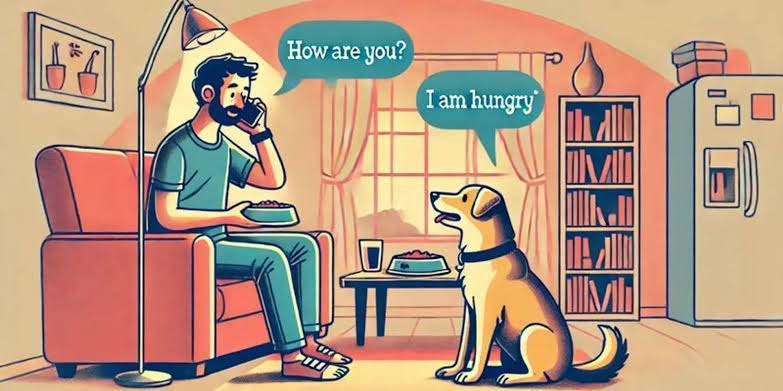
Comments (0)
Please login to leave a comment.